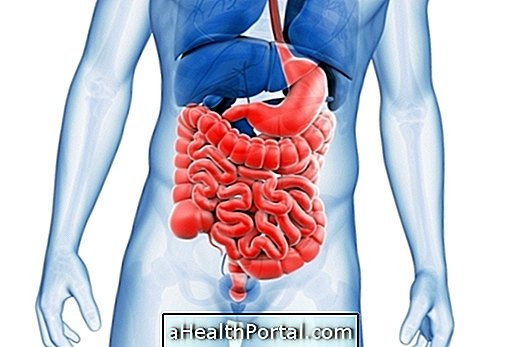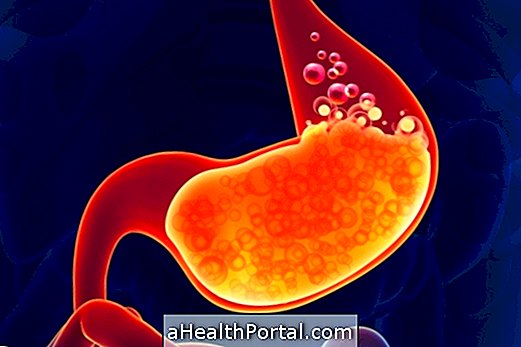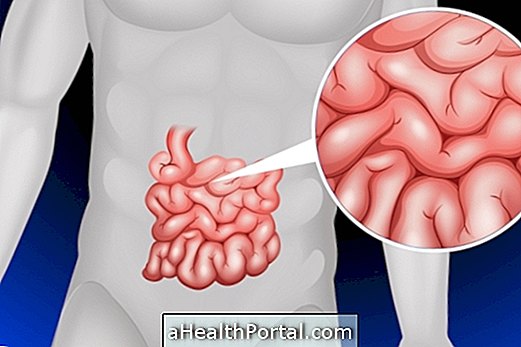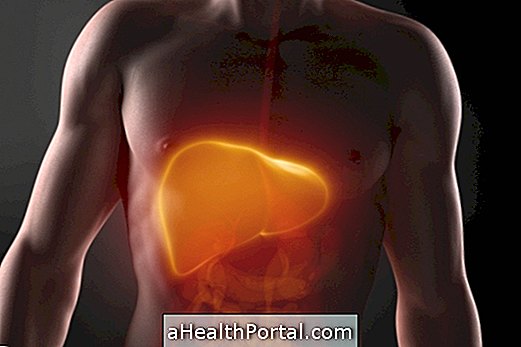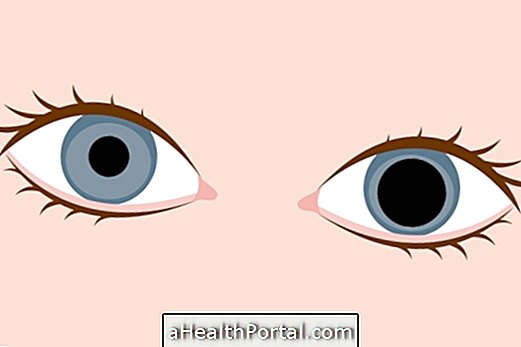Irritable bowel syndrome is a gastrointestinal disorder that produces abdominal pain, constipation, or diarrhea, and is a disease that affects women three times more often than men.
People with this syndrome are especially sensitive to many stimuli, so stress, diet, medications or hormones can cause abnormal contractions in the intestine or elsewhere in the gastrointestinal tract, which almost always occurs after a meal and sometimes causes diarrhea accompanied by pain and, therefore, irritable bowel syndrome with diarrhea is very common.
Symptoms of Irritable Bowel Syndrome
The symptoms of irritable bowel syndrome can be:
- abdominal distension,
- flatulence,
- nausea,
- headache,
- fatigue,
- depression,
- anxiety,
- difficulty concentrating.
The diagnosis is made through the analysis of blood tests, feces, sigmoidoscopy, abdominal ultrasonography, radiographic studies of the intestines or colonoscopy. It is important to differentiate irritable bowel syndrome from inflammatory bowel disease and many other disorders that can cause abdominal pain and changes in bowel habits.
Treatment for Irritable Bowel Syndrome
Treatment for irritable bowel syndrome does not have a specific pattern, but analgesic medication can be used to relieve pain and discomfort, as well as a diet to the exclusion of certain foods that aggravate the symptoms of the patient with the syndrome. irritable colon such as fats, caffeine, sugars and alcohol.
Learn about the foods you should avoid to relieve irritable bowel symptoms:

Useful link:
- Diet for Irritable Bowel
